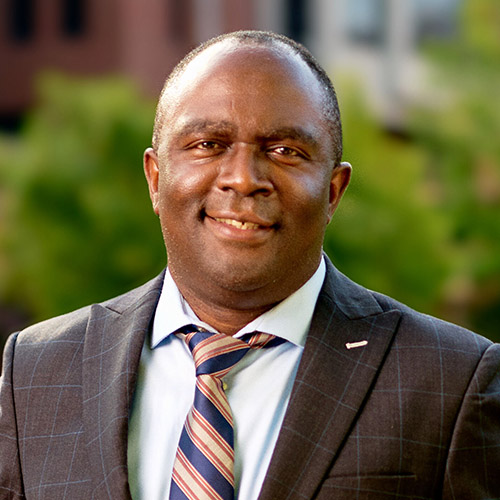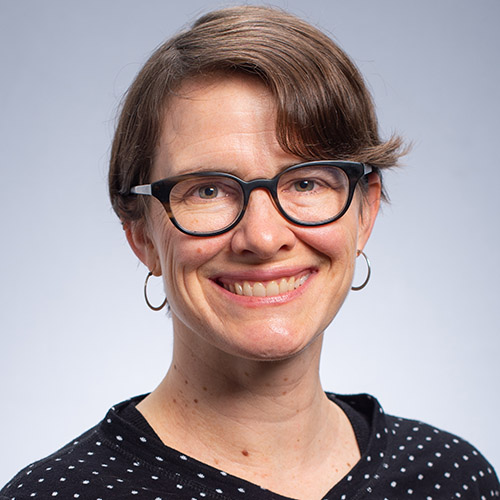The newly established Mary Heersink Institute for Global Health aims to improve overall health while promoting equity in health outcomes worldwide thanks to the Heersink gift.
The new institute seeks to address pressing global health challenges and promote healthy living through education and mentorship, enabling scientific research, and enhancing service delivery and capacity building leveraging multidirectional partnerships embedded in genuine collaboration, innovation, and trust.
 Alan Tita, M.D., Ph.D.Approach to Global Health Challenges
Alan Tita, M.D., Ph.D.Approach to Global Health Challenges
Alan Tita, M.D., Ph.D., associate dean for Global and Women’s Health and inaugural director of the Mary Heersink Institute for Global Health, shared UAB’s goals to promote equity and mutual respect.
“We will take a decolonized approach to global health with initiatives that offer equal or even greater benefit and leadership opportunities to global partners,” said Tita. “Our goals are not meant to be solely focused on us or our own good, but on the health of our interconnected global population.”
The methods used by academic medical centers when tackling global health challenges have often suffered from a colonial approach, where the assumption is that the partners from high-income countries have superior science, ideas, and approaches that they “bring” to global health partners.
“We aim to grow in a way that promotes equity and a turn from previously-accepted approaches to global health,” said Lynn Matthews, M.D., associate director for Research and Partnerships for the institute.
The institute aims to work with global partners, learning common health challenges, and taking cultural contexts into account to address shared priorities. To accomplish this in an impactful way, the institute plans to grow and prioritize multinational partnerships with activities that transcend the major academic mission areas.
“The goal is to create a coordinated, comprehensive, and sustainable multinational infrastructure that serves as a platform for those within the UAB Heersink School of Medicine, other UAB schools, and international partners to engage in mutually beneficial educational, research and service and capacity building activities to promote health,” said Tita. “Transdisciplinary collaboration is essential for success.”
 Lynn Matthews, M.D.Education, Research, and Service Initiatives
Lynn Matthews, M.D.Education, Research, and Service Initiatives
The Mary Heersink Institute for Global Health will promote global health scholarship for faculty and train scholars in global health through postgraduate educational programs, in collaboration with UAB Sparkman Center for Global Health and other longstanding UAB programs, and McMaster University and its affiliated Global Consortium.
The multinational coordinated network linking UAB and partner faculty, staff, trainees, and their facilities in selected countries in several continents will provide a crucial platform. Together, partners can test innovative solutions and strategies for shared priority global health problems, and deploy large scale multi-national studies.
“We are listening to global health representatives and stakeholders here at the UAB Heersink School of Medicine and across UAB to learn how we can support ongoing initiatives and promote growth,” said Matthews. “We want to collaborate with them and provide opportunities to set new ideas and programs in motion.”
The institute’s team will partner with departments and divisions in the school to establish leadership committees and nucleate global health within the school. Activities will include providing pilot funding to foster innovative research, service, and educational initiatives, having regular global health seminars and an annual symposium, facilitating intellectual and logistical support for grants and fellowships, and fundraising to support programs.
Anticipated Impact
The goal is to establish a world-renowned institute of Global Health with programs that attract a competitive pool of faculty and trainees.
“We hope to welcome trainees from diverse local and global backgrounds, including underrepresented groups and low- and middle-income countries, who will become leaders in global health,” said Tita.
“As a new institute, we have the opportunity to see challenges and advocate for change and commit to taking an equitable and meaningful approach towards helping others,” said Matthews.
Learn more about the Mary Heersink Institute for Global Health.